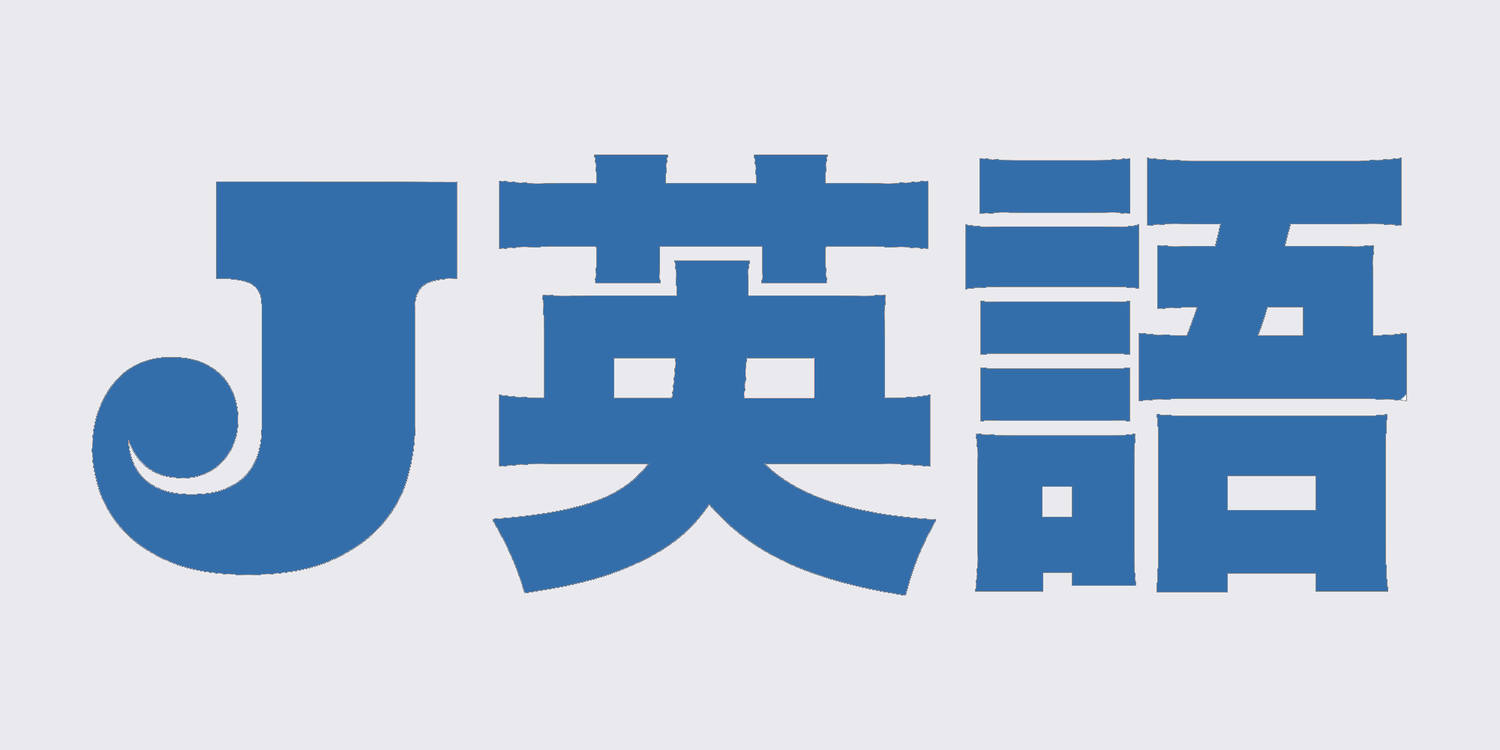A loud Word
Searching for some things to blog about, I looked back at some e-mails to and from my dad. This isn't the happiest way to spend time, but it’s moving to hear his voice again, to read his writing. I miss him. Anyway, this is from an e-mail he sent many years ago about a word he discovered late one night:
ster·to·rous [STUR-ter-uhs]
Origin: 1795–1805; stertere (to snore) + -ous (much)
adjective
Especially of breathing: sounding like snoring, heavy
Related forms:
adverb: stertorously
noun: stertorousness
Pugs breathe stertorously. And so did Tony Soprano. This isn't a word anyone needs (except maybe doctors). But it’s a fun word to know and probably never use….
this is also cool
I found this here, but I'm not sure where it's originally from. I pasted the text in this blog to make it easier to read. And I changed a couple examples for clarity.
Punctating dialogue
"This is a sentence."
"This is a sentence with a dialogue tag at the end," she said.
"This," he said, "is a sentence split by a dialogue tag."
"This is a sentence," she said. "This is a new sentence. New sentences are capitalized."
"This is a sentence followed by an action." He sat down. "They are separate sentences because he did not speak by sitting."
She said, "Use a comma to introduce dialogue. The quote is capitalized when the dialogue tag is at the beginning."
"Use a comma when a dialogue tag follows a quote," he said.
"Unless there is a question mark?" she asked.
"Or an exclamation point!" he answered. "The dialogue tag still remains uncapitalized because it's not truly the end of the sentence."“Periods and commas should be inside closing quotations."
"Hey!" she shouted, "Sometimes exclamation points are inside quotations." However, if it's not dialogue exclamation points can also be "outside"!
“Does this apply to question marks too?" he asked.
If it's not dialogue, can question marks be "outside"? (Yes, they can.)“This applies to dashes too. Inside quotations dashes typically express–"
"–Interruption" — but there are situations where dashes may be outside.“My teacher said, 'Use single quotation marks when quoting within dialogue."
"Use paragraph breaks to indicate a new speaker," he said.
"The readers will know it's someone else speaking."“If it's the same speaker but different paragraph, keep the closing quotation off.
"This shows it's the same character continuing to speak."終
Hidden meaning
I've always loved dictionaries. When I was young I would read them both for fun (hobby) and to waste time (pasttime). As I said before, words are cool little time-capsules, meaning one thing to one people, and sometimes evolving to fit new needs as the years and circumstances pass.
Each time I look up a word (for any reason – to check its meaning or to confirm its spelling), I mark it somehow. With a physical dictionary, I add a dot or a star next to the word. With dictionary apps, I use whatever feature is allowed. I do this for future-me, marking where I've been and, sometimes, admonishing myself for not having remembered or learned.
A couple/few weeks ago, I looked up "camouflage", a word I can never remember the proper spelling of. (Does the U come after the O? After the A? There is a U, right? Where does it live? Dammit! – Every time.) Tired of looking it up maybe once per year, I hoped to find something my brain could connect to in the word's history, its etymology. Something that would help me remember how to spell the stupid thing.
I didn't find it (I had to check again while writing this post), but I did find something almost beautiful in its history.
First, if you don't know, this kind of thing is camouflage:
It's typically a pattern that makes something more difficult to see from far away. It's often used by militaries to protect their members, who wear clothing designed like that (clothes they call "camos") or to protect war-making equipment, like tanks. (The poeple are "personnel"; the fighting equipment is called "matériel" – like "camouflage", another cool word that comes to English from French.)
You can use it metaphorically, to mean "to hide or obscure something", but generally the word is used to mean things patterned like the image above. And, spelled the same, it can be a verb, meaning "to hide/conceal something by using patterns like those above".
But here's the part I loved: camouflage may have come (in part) from the French word "camouflet", which is (according to the Oxford English Dictionary) a "whiff of smoke in the face".
Smoke blown into a face – which, if it happened to you, would prevent you from seeing clearly, just as camouflage does.
Patterns or smoke, the effect is the same: details fade, things are hidden, advantages are lost.
Members’ area
This morning, I added a members’ area, where you can find a couple nice benefits. Over time, I’ll add more as I think of them. Feel free to recommend ideas, if you have any in mind.
A link to the member’s area will be sent to new members as they join – so join!
Acknowledgment post
Sometime in the late-1990s, I discovered and signed up for Wordsmith.org's "A.Word.A.Day" e-mail newsletter. The e-mail comes each weekday, which is an incredible amount of work for the guy who still seems to run it, Anu Garg.
After a couple years, my schedule (and laziness) kept me from staying up-to-date, and the e-mails piled up. After more time, I unsubscribed. But I always loved to receive the messages, and I would think of AWAD from time to time over the years. Recently (far too late), I signed up again, and it's a joy to read each day.
I say all this because, a couple days ago, I wrote a post about the nautical history of "nauseate" and forgot to mention where I learned it. It was in a AWAD e-mail, which is visible here.
"Cite your sources and give credit where it's due" is a good philosophy that I neglected to follow.
Bravo AWAD! Viva AWAD! Long live AWAD!
An ocean of depth
In English, anything related to the ocean or sea is “marine”. A boat that moves underwater, for example, is a submarine (literally, “below the ocean”). Whales and squids and sharks, etc., are marine animals ("ocean animals"). A person who studies these animals is a marine biologist ("a studier of ocean life"). Aquamarine is the color of "ocean water". There’s a branch of the United States military called the US Marine Corps. They travel by sea.
Additionally, things related to sailing are “nautical” (“NAW-tih-kull”). Tools and machines that help sailors go the correct direction, or measure their speed, are nautical instruments. Sailors use nautical charts (maps). Words and phrases related to boats or ships are nautical terms.
Which brings me to the point of this post:
In current English, to be made physically sick by something (meaning, you may throw up) – bad food, a virus or bacteria, even an idea – is to be “nauseated”.
“Nauseate" comes from the Latin word “nauseare” – meaning, “to be seasick”. And, further back, from the Greek word "naus" – meaning, "ship".
I cannot believe I never noticed the “nautical” connection! It's right there in the spelling: nauseate.
Words are so cool.
Words are so cool
When I was younger, and my dad was still alive, we would occasionally discover new words or interesting facts, etc., and send them to each other. He was interested in many of the things I am, especially words and history, so these discoveries would always spark a fun conversation.
Words are especially cool. Because they evolve over time, they have their own histories, some short ("lol") and some very long ("mother"). They tell stories, both about the way we use them (and how those uses have changed) and about us as a speaking/writing people.
Since my dad died, I have no one to share these odd discoveries with. Maybe I'll post them here instead. This blog won’t be updated frequently, and it won’t always be about words (maybe not even about English), but perhaps it will be interesting whenever it is updated.



